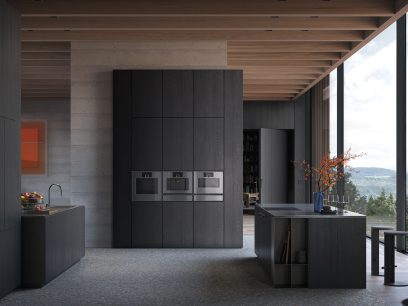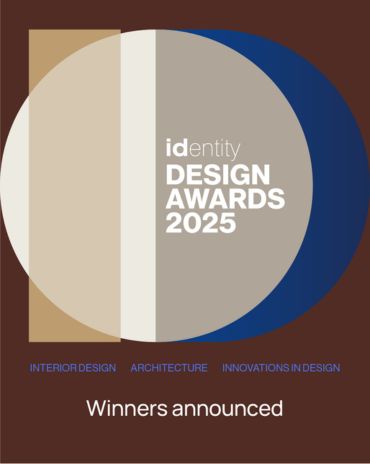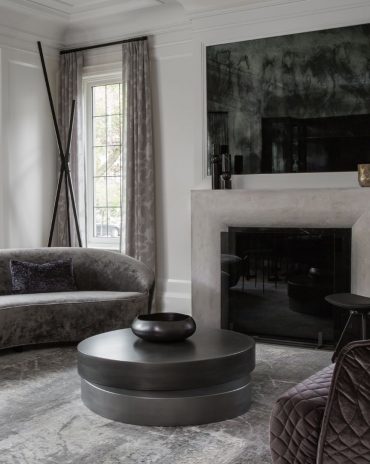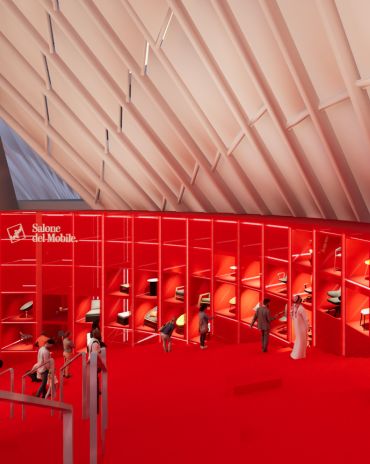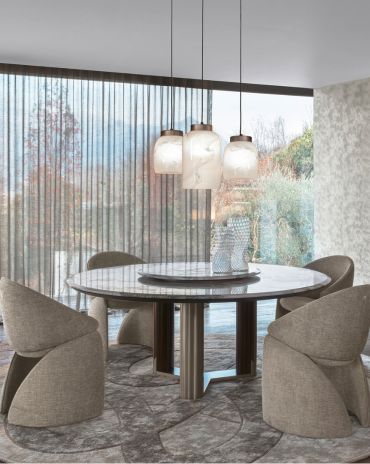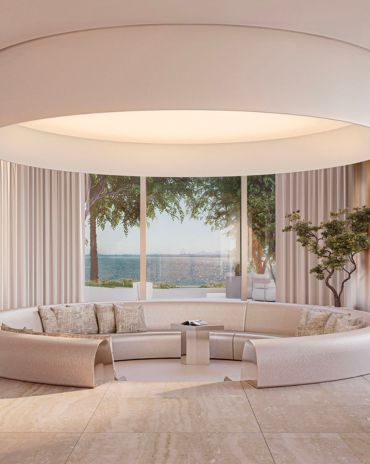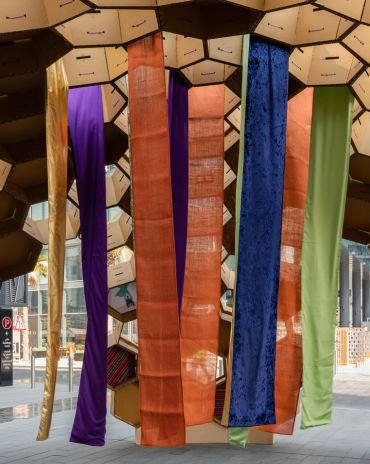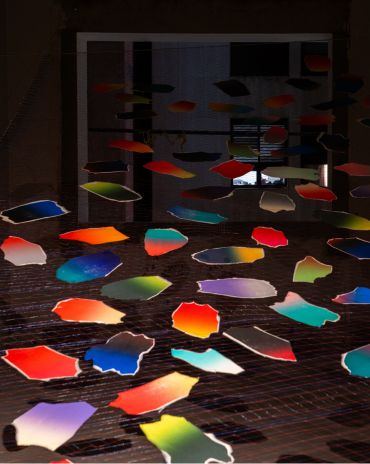Copyright © 2025 Motivate Media Group. All rights reserved.
More organisations call for new buildings to be net-zero by 2030
RIBA’s 2030 Climate Challenge and the UK Green Building Council lead the push.
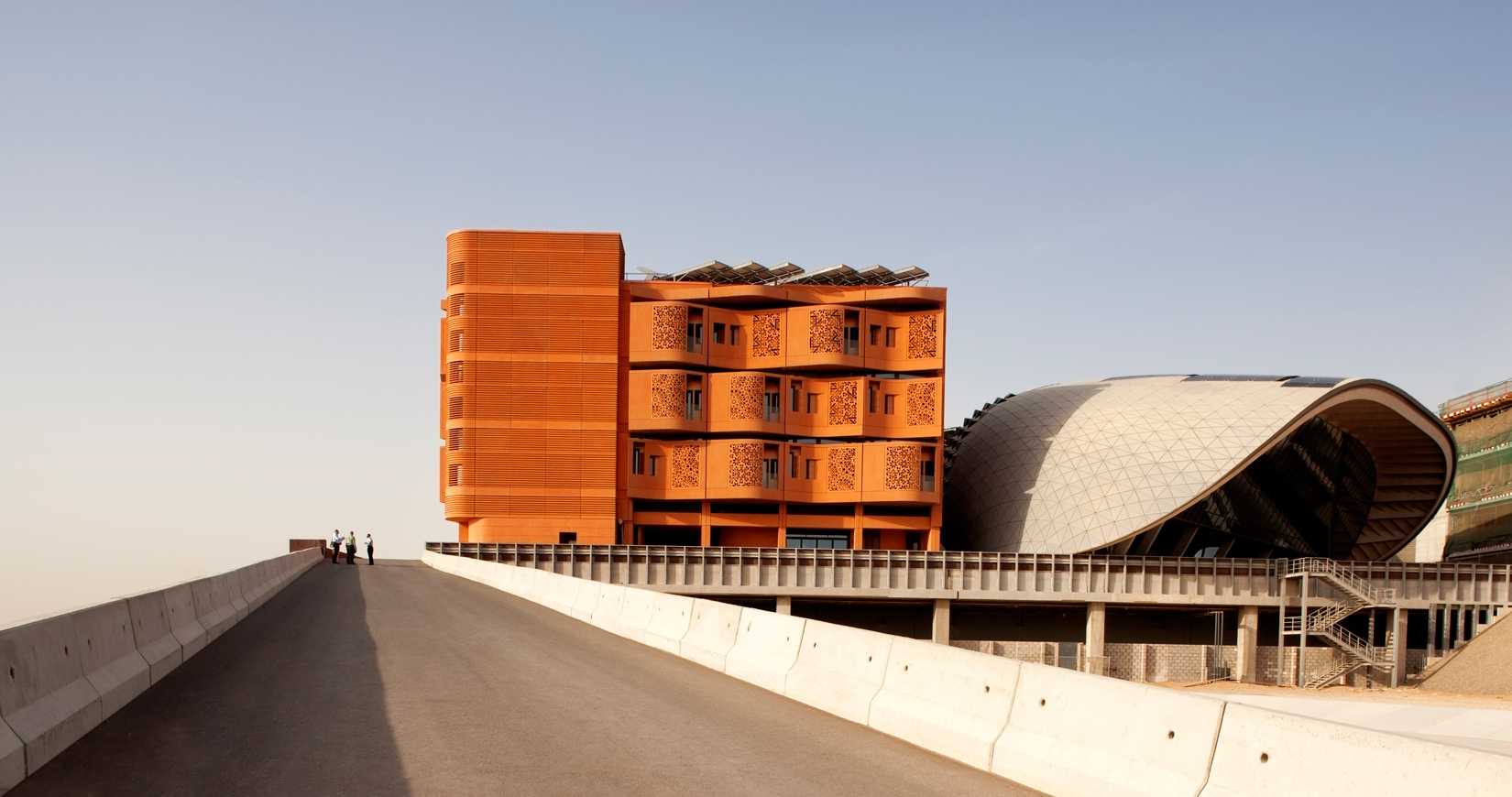
Following the announcement in June that the Council of the Royal Institute of British Architects (RIBA) had voted to join the global declaration of an environment and climate emergency, GlobalData has joined the call for developers to design net-zero buildings.
“With the built-up environment, a serious contributor of carbon emissions, architects have a part to play in tackling climate change. While not yet a standard practice, net-zero design is surely the way forward,” said GlobalData construction journalist Ross Davies.
“The ultimate aim of net-zero buildings is to either reduce or offset carbon emissions produced beyond construction and across their entire lifecycles. Constructions able to achieve this have the potential to not only be low-impact, but actually serve as an energy source for the wider area.
“This is the case with Lark Rise, a smart home situated in the Buckinghamshire town of Aylesbury, UK. Designed by bere:architects and completed in 2015, it is the country’s first domestic dwelling to be designed to Passivhaus Plus – the world’s toughest energy design standard. Lark Rise produces around double the energy it consumes and exports ten times as much energy as it gets from the national grid.
“In September this year, the World Green Building Council (WGBC) revealed its Net-Zero Carbon Buildings Commitment had surpassed 60 signatories. Among those to have signed the commitment – which aims to ensure all new building portfolios are carbon neutral by 2030 – are businesses, organisations, states and cities, including London, New York and Tokyo.
“According to the Royal Institute of British Architects (RIBA), the built environment is responsible for approximately of 40% of the UK’s carbon footprint. Earlier this year, the body gave its support to a new document published by UK Green Building Council (the UK arm of WGBC).”
Adrian Dobson, RIBA’s Executive Director of Professional Services, added: “Tackling climate change is high on the agenda for architects. It’s been encouraging to see so many architects sign up to our 2030 Climate Challenge, which sets tough but achievable targets to help meet net-zero – or better – whole life carbon for new and retrofitted buildings by 2030.
“Changing the way the construction industry operates is not going to happen overnight, but architects have the knowledge, skills and experience to lead in making these changes. Architects will need all their powers of persuasion to make the case to clients for exceeding regulatory minimums and ensure they’re on board with tackling the climate emergency.”
The Latest
In photos: Winners at the identity Design Awards 2025
Presenting the winners of 2025 identity Design Awards.
Identity Design Awards 2025 – Winner’s List
Here are the winners of the identity design awards 2025
Hogg’s Hollow
Set along the bend of a quiet river and sheltered within a mature, tree-lined enclave of Toronto, this riverside residence offers a dialogue between structure and softness, restraint and warmth
Salone del Mobile.Milano Paints Riyadh Red
The “Red in Progress” installation marks a powerful first step toward the city’s full-scale 2026 edition
An interview with Fabio Masolo on the Giorgio Collection
A conversation on passion, timeless design, and bringing Italian craftsmanship to the world
European Design, Instantly Within Reach
In a city where design dreams often come with long lead times, Caspaiou brings a refreshing difference – luxury, curated and available now
Shaping Tomorrow’s Interiors
Here’s what awaits at the OBEGI Home showcase at Dubai Design Week
Maison Margiela Residences
Conceived by Carlo Colombo, these bespoke residences will be located on the Palm Jumeirah
The Desert Chapter by Kohler and Marco Maximus
A fusion of design, culture, and the colours of nature
Downtown Design 2025 – The Highlights
A showcase of innovation, craftsmanship, and design excellence
In conversation with: Simon Wright of TGP International
identity interviews the Chairman and Founder of TGP International on the beginnings of the business and how the company shapes human experiences and memories in the hospitality industry.
We Design Beirut Edition Two: A Collective Revival
Uniting designers, artisans, and visionaries to reimagine Beirut’s future




